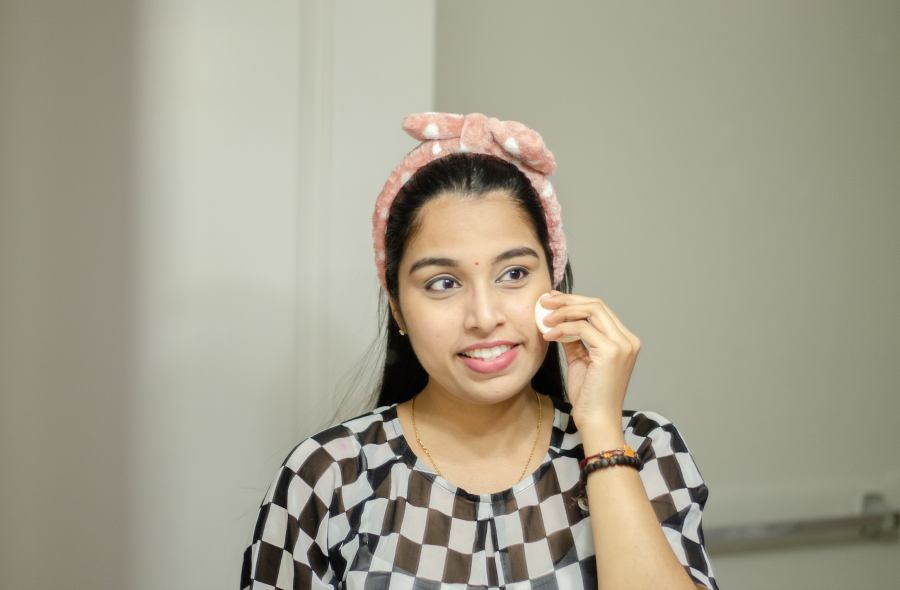During Women’s History Month, it is important to reflect on the oppression of women at the hands of misogyny. Misogyny is the hatred or prejudice against women, and it is deeply ingrained in modern society. It’s in everything from daily conversations to music, movies, and books, politics and legislation.
A great majority of women and those who were assigned female at birth have some form of internalized misogyny, not at any fault of their own. It’s just unavoidable. If you have disliked a female celebrity or TV show character for no particular reason, that may be internalized misogyny.
A common presentation of this is disliking Taylor Swift. People often complain about her dating history, claiming that she has dated too many men. This doesn’t really make any sense as a reason to dislike her. Swift’s dating history has no effect on anyone besides herself, so it shouldn’t really be up for public discussion.
Others discredit her music because “she only writes about love.” Many of these same people will then listen to artists like Bruno Mars or Morgan Wallen who both mostly write love songs. During the week of March 18, seven out of the top 10 songs from the Billboard Hot 100 were love songs. The fact that they are love songs doesn’t take away from the quality of the songs nor does it affect their performance in the slightest.
A lot of girls also steer clear of her music because they don’t want to be “basic.” This is known as the “not like other girls” mindset, where women avoid acting too feminine because they want to be different.
This also presents itself as girls who make fun of others for wearing “girly” clothing or for having traditionally feminine hobbies. I’ve seen girls even go as far as shaming other girls for making their notes look pretty or doing other things for aesthetically pleasing purposes. It’s ridiculous.
The whole “not like other girls” mindset can be described as internalized misogyny. It is rooted in wanting approval from men for being different, as that would confirm you really are better than other girls. Women who fit into this mindset often say they are “not like other girls” because they don’t fit into the limited definition of “womanhood.”
People who berate others for wearing too much makeup are contributing to misogyny. Many think wearing makeup is purely for external validation but that just isn’t true. Makeup is a form of self-expression. It’s an art form. People who wear makeup wear it to make themselves feel pretty and that’s beautiful.
Internalized misogyny also swings to the other side of the pendulum. Sticking heavily to gender norms is a sign of internalized misogyny. It can also be seen when women feed into toxic masculinity. These two topics go hand in hand. Heavy influence on gender roles only helps misogyny thrive.
Many women hide their intelligence from men or make themselves smaller to make men more comfortable. That again feeds into gender norms. Slut-shaming women, as mentioned before with Taylor Swift, again harms women and puts them at fault for anything that may go wrong. This also goes with victim-blaming.
To undo this byproduct of the patriarchy is difficult and it takes a lifetime of work. Start with recognizing these misogynistic behaviors within yourself. Everyone has these traits, so don’t be embarrassed by them. It’s okay to acknowledge these behaviors because that is the first step in changing them.
Next, I recommend reading books on womanhood, feminism and misogyny to understand the deep history of this problem. I personally love “White Tears/Brown Scars” by Ruby Hamad, which delves into the intersectionality of racism and feminism. It also explains how one can be compliant in these systems by not actively addressing them.
I will talk about that book until the day I die because of how much it has impacted my views on intersectional feminism. Also feel free to check out the article I wrote earlier this month about books to read for Women’s History Month because any of those would be helpful in undoing internalized misogyny.
Freeing yourself from internalized misogyny is a lifelong cycle of learning and reflecting. It probably will never go away completely but you can do your best to minimize its effects by educating yourself.


